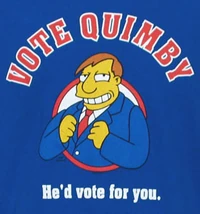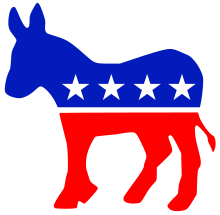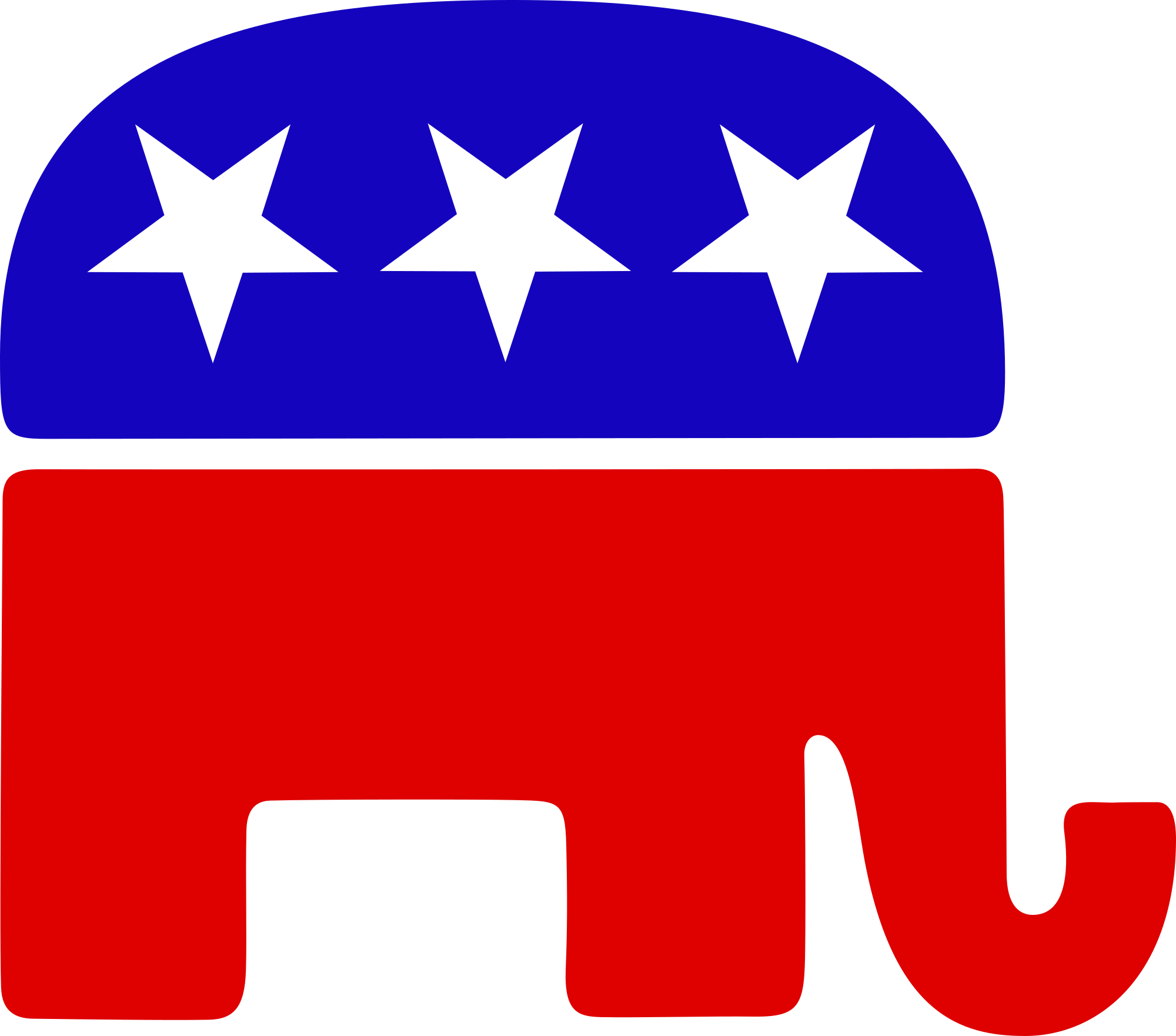Democrats vs Republicans - A Brief History
Hi All, I thought with everything going on in our country right now, it would be a good idea to brush up on some Poli-Sci 101. I think often people get bogged down between conservative versus liberal, Democrat versus Republican, due to hot topic social issues like gay rights, abortion, healthcare, death penalty etc.There is a divide in this country, and we wrongly assume that it's 50/50 - half of us are conservative and half liberal. This simply is not true. It's much more complex than one side versus the other. Believe it or not, there are Republicans out there that believe in say, abortion, and yes there are democrats that do not support abortion. It's not like there are only two islands and you have to choose to swim to one or the other, and then be forced to obey all the rules of your conservative or liberal island. Let's give ourselves a little more credit than that, we are humans with complicated emotions, beliefs, thoughts, and feelings, all based on our experiences, background, culture, religion etc.

I think our differences are pretty cool and it makes this country pretty GREAT. In my opinion, it does not have to be "great again", because one person's idea of "great" doesn't have to be someone else's idea of 'great', that incongruity truly is freedom, and freedom is great.
Anyway, my main goal of this post was to break down the fundamental differences between the two big political parties in the US: Republican & Democrat. I would like to leave those big social topics out of this one because let's just focus on fundamentals:
History of the Democratic Party:
So turns out "Democrats" used to support slavery, who knew?
In 1792 (keep in mind America won its independence in 1783), everyone was losing their shit over a guy named Thomas Jefferson and a few other guys like George Washington. For people who really, loved Thomas Jefferson, they actually called themselves Jeffersonians. Why did they love Jefferson? Because TJ was, despite being unbelievably loaded himself, a man of the "working class" or at that time, anti-aristocrat.
Things started to get even dicier on the eve of the Civil War; southern democrats believed that slavery should continue to be a thing in any new American territory. Republicans, like Abraham Lincoln, disagreed with slavery expansion.
When Republican Abe Lincoln won the presidency, Democrats were pissed. The Democratic Party identified itself as the "white man's party" and demonized the Republican Party as being "Negro dominated."
What we think of as the Democratic Party did not emerge until after the Great Depression. This was a really bad time in America and the party, which has claimed to always be "for the everyday people," wanted to get laborers back to work, and organized labor led to unions, which is the idea that the government should have more of a role in peoples' day-to-day lives ... like maybe one-day healthcare, or marriage or education... see where I am going here?
History of the Republican Party:
Republicans Punished the South after the Civil War
The Republican Party was formed in 1834 (almost 100 years after the Democrats). Originally called the Whig Party, the soon to be Republicans hated President Andrew Jackson (someone who does not deserve to be on the $20 bill, but that's another blog). The Republicans did not want the new territories like Kansas, Nebraska to allow slavery.
Then the Civil War comes along with the Republican Party being anti-slavery, they banded together behind their Republican President Lincoln. After Lincoln's assassination and winning the war, the Republican north punished the south with a Republican filled Congress for years to ensure the "south could not rise again," and in my opinion, the southern states never fully recovered economically/psychologically.
The Republicans we think of today did not truly emerge until after WWII with the election of Dwight Eisenhower, and the threat of Communism. Eisenhower was a Republican, but a centrist, who signed the civil rights acts of 1957 & 1960 and increased the minimum wage. However, as a war hero, he was wary of a war against Communism.
The southern whites had been mumbling about integration, especially now that the military was fully integrated post WWII, and these guys were favoring a party that was pro-states' rights. They did not like the idea of the Feds telling their states what to do - but at the same time, wanted a strong military.. just in case right? Hence Nixon, and then the charismatic and charming Ronald Reagan who really gave a modern yet, conservative voice to the party.
The southern whites had been mumbling about integration, especially now that the military was fully integrated post WWII, and these guys were favoring a party that was pro-states' rights. They did not like the idea of the Feds telling their states what to do - but at the same time, wanted a strong military.. just in case right? Hence Nixon, and then the charismatic and charming Ronald Reagan who really gave a modern yet, conservative voice to the party.
The Republican party made a slow shift from its founders, as did the Democratic party; both have flip-flopped their views on governments regulation: Today's Republicans would prefer states to make decisions mostly on their own, while Democrats believe the federal government should play a large role to keep the country unified. Republicans believe in low taxes or a flat tax rate, and businesses and individuals should be stimulating the economy via a free market, Democrats believe that higher-earners should be taxed at higher rate, and a healthy economy needs government's support.
Comparison Chart
Economy
Democrat: Believe in a minimum wage, more government regulation, and higher taxes for the wealthy
Republican: Believe taxes shouldn't be increased for anyone (including the wealthy) and that wages should be set by the free market (you and me)
Military
Democrat: Decrease military spending, put taxes toward other programs like education
Republican: Increase military spending, put big-budgets toward defense programs
Immigration
Democrat: Believe in a path to citizenry for undocumented workers
Republican: Believe in stronger border control, less amnesty for undocumented immigrants
Social / Community
Democrat: Believe in community and social responsibility, government should support community
Republican: Believe in individual rights, groups and individuals should contribute to their local communities, not the government





No comments:
Post a Comment